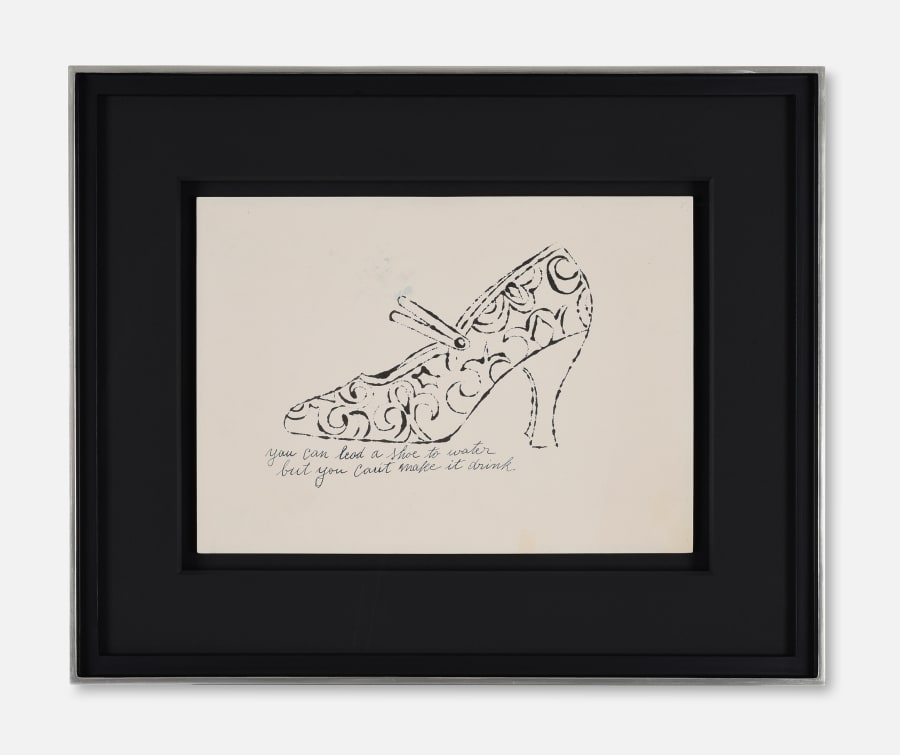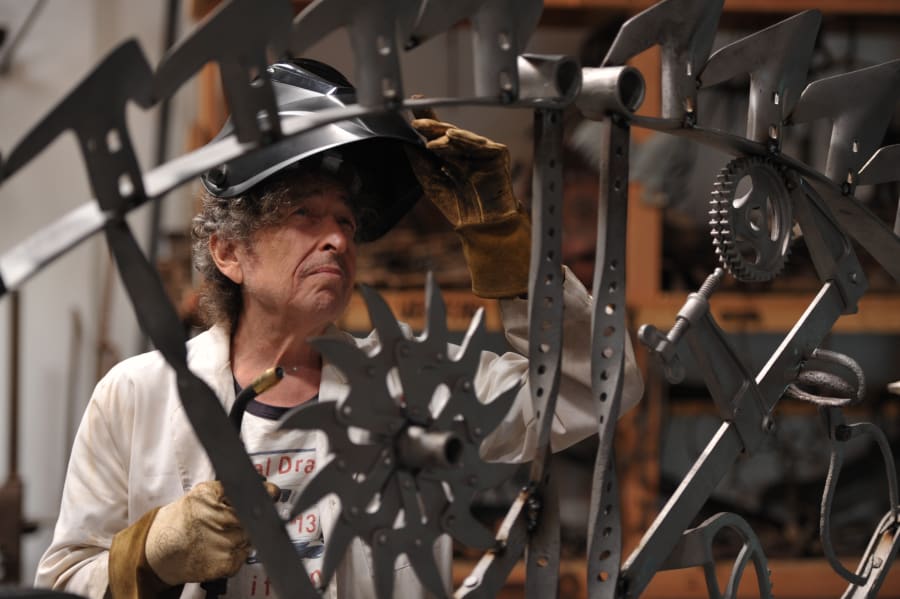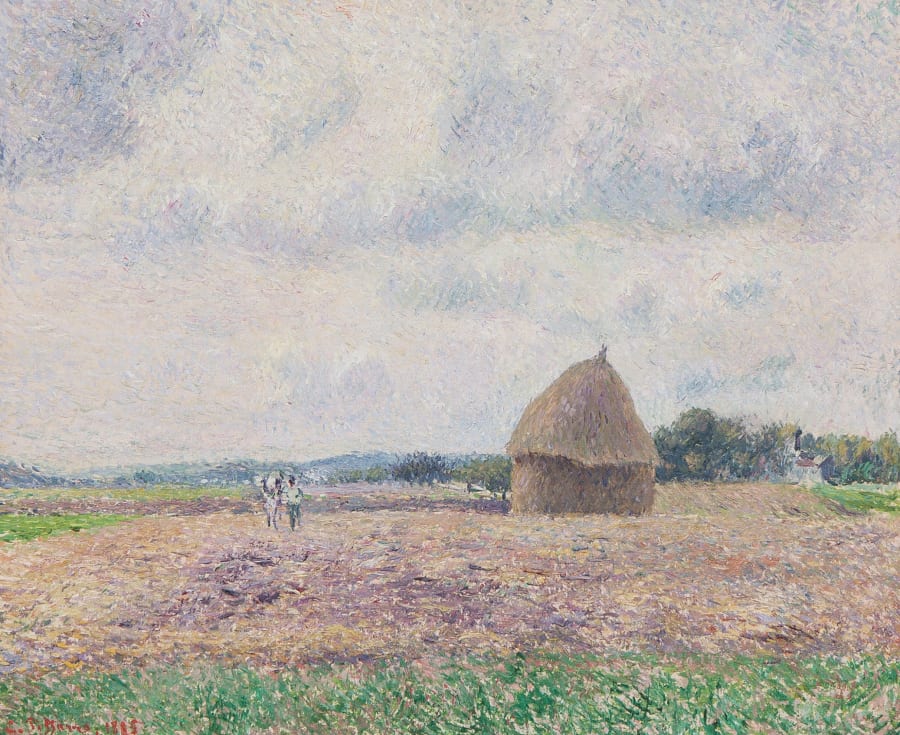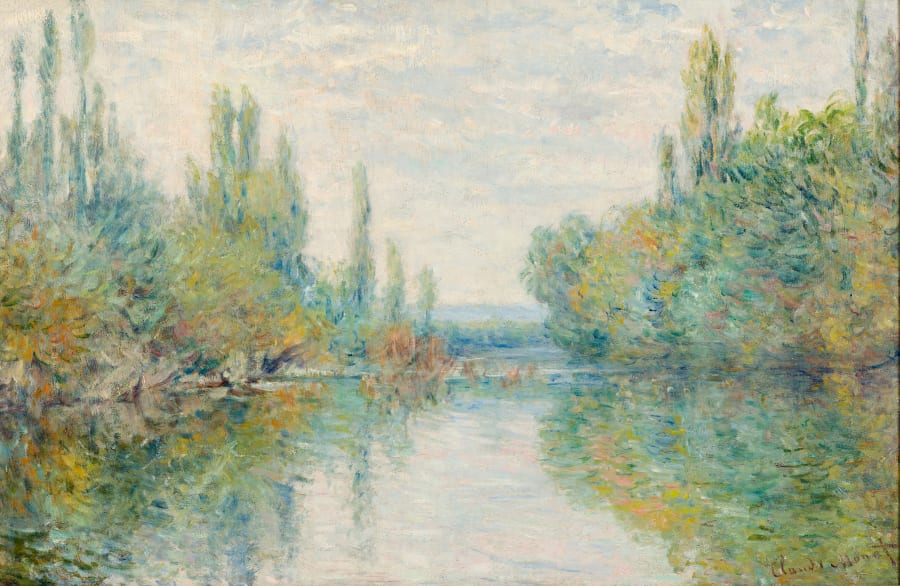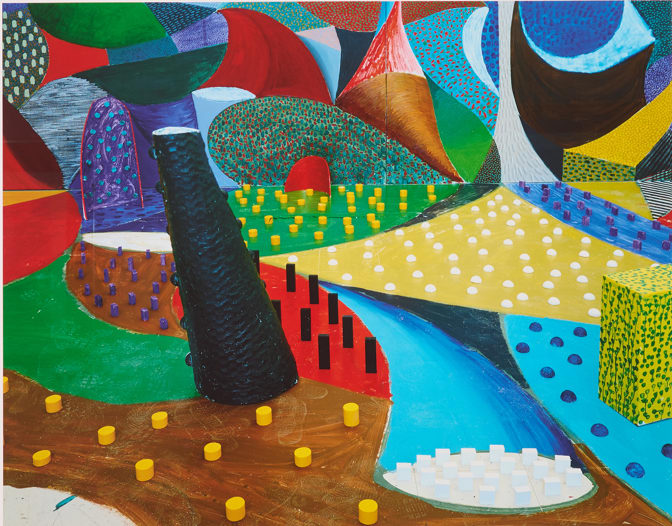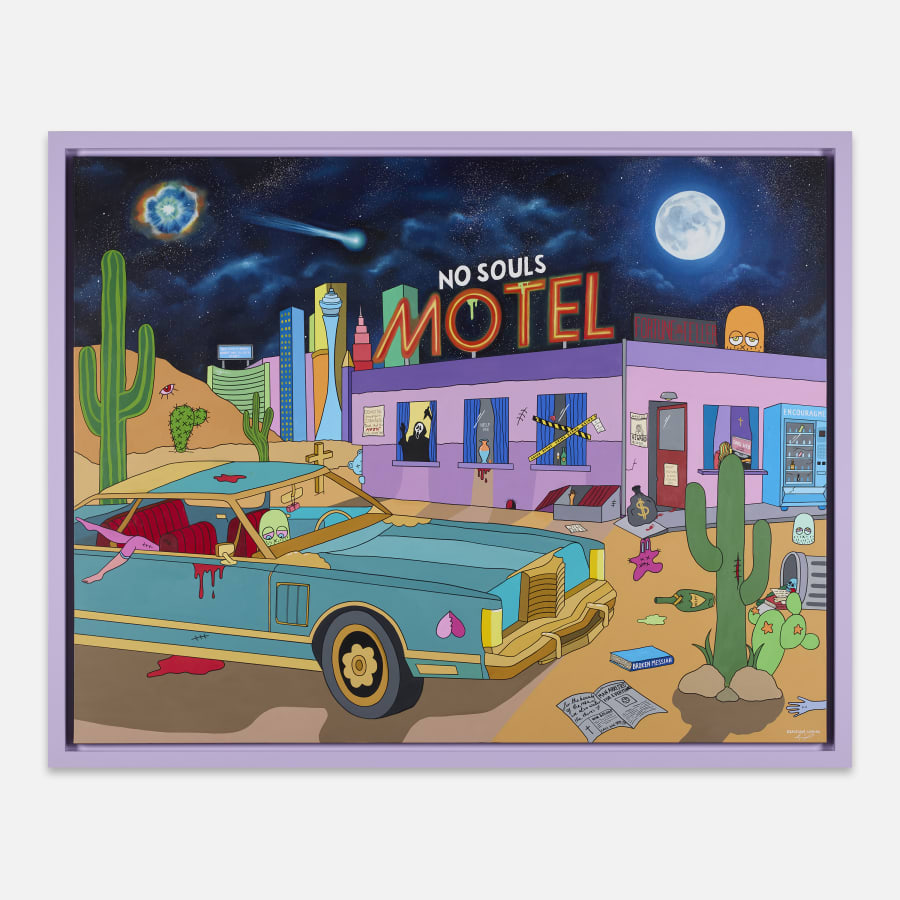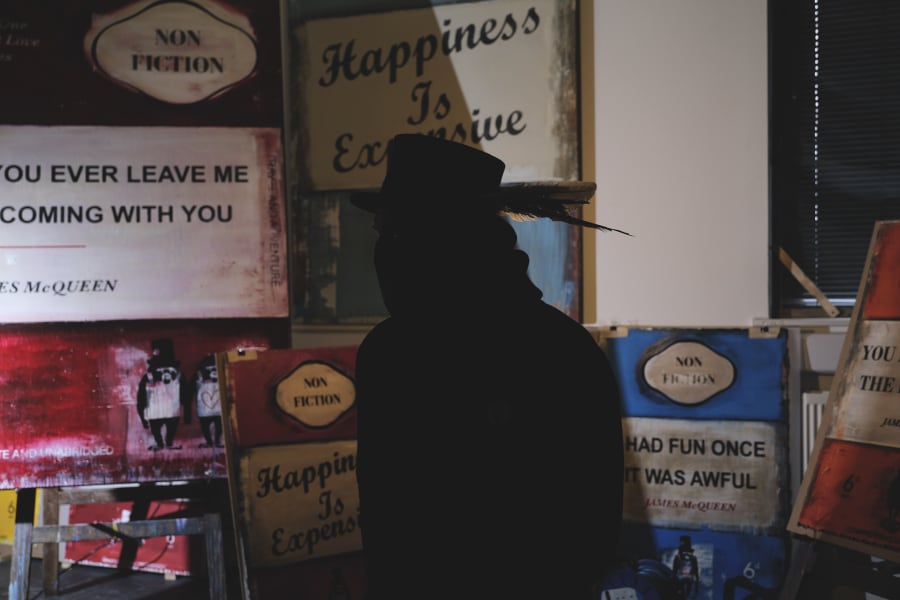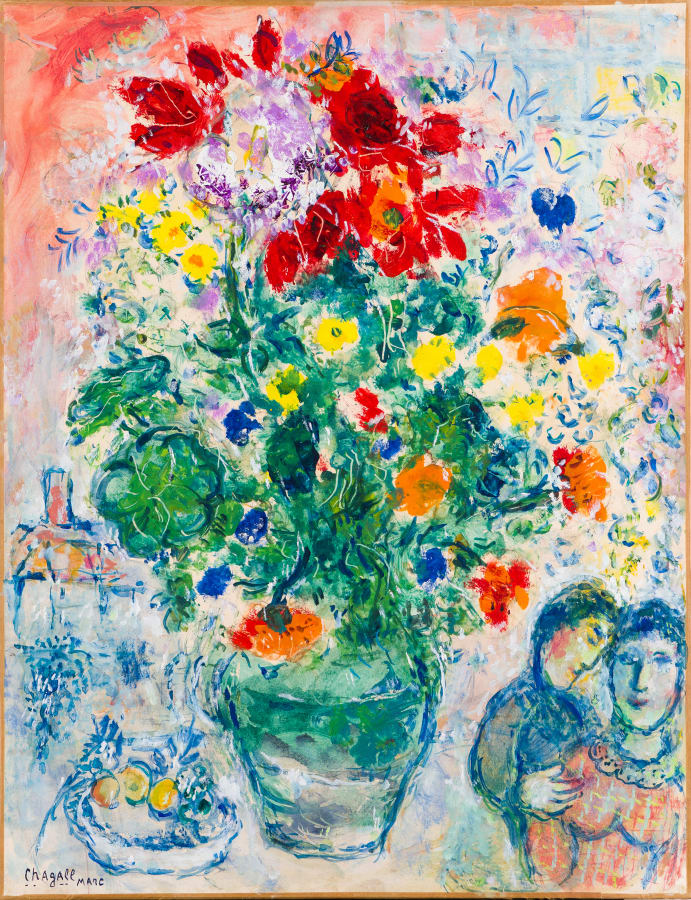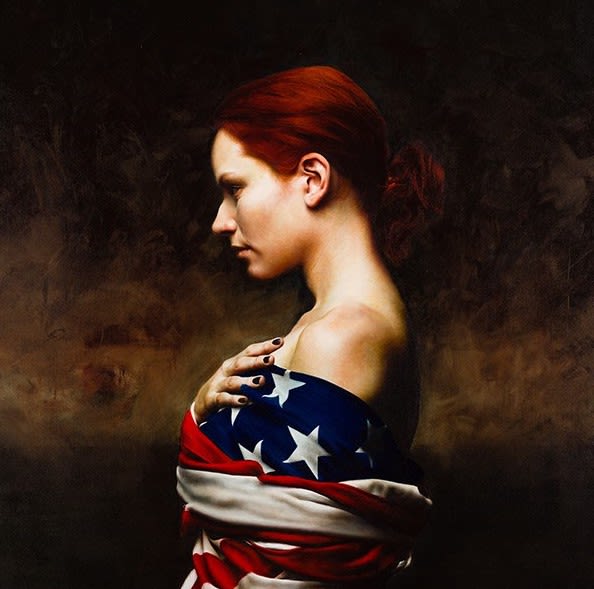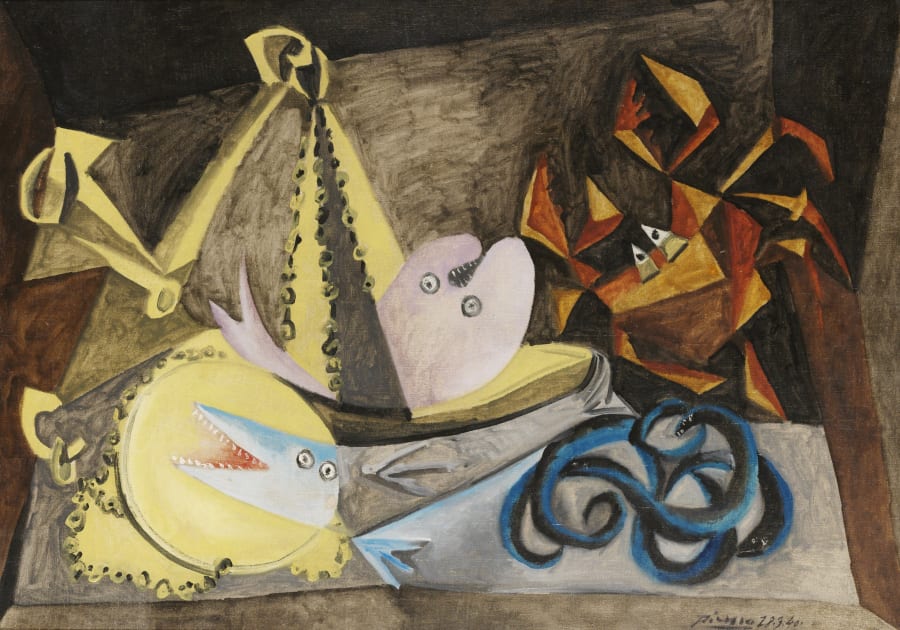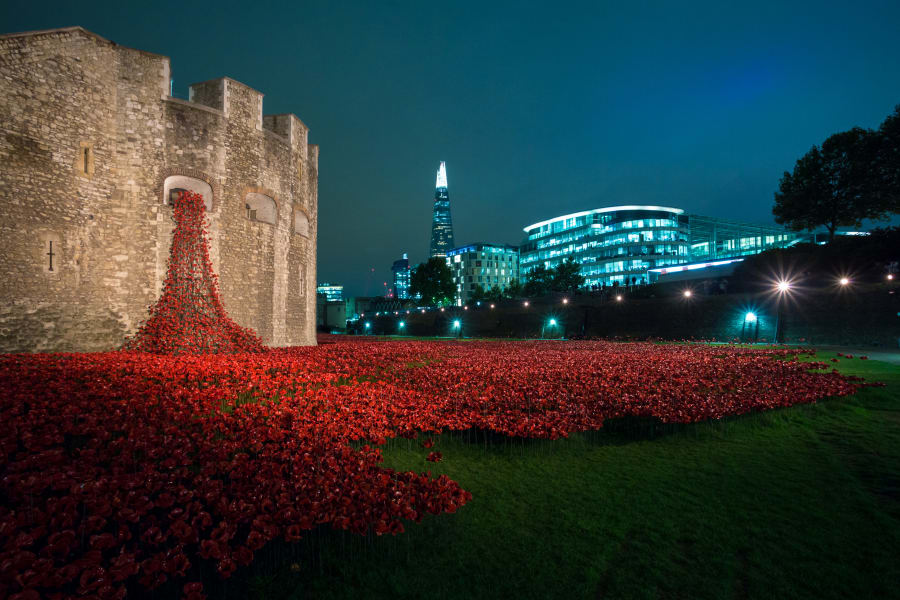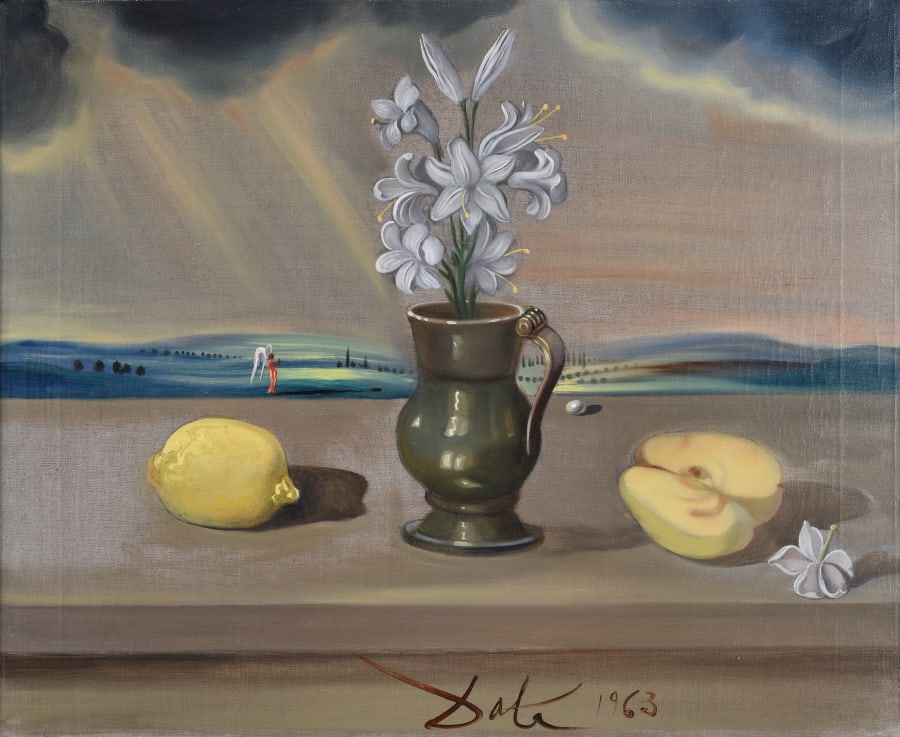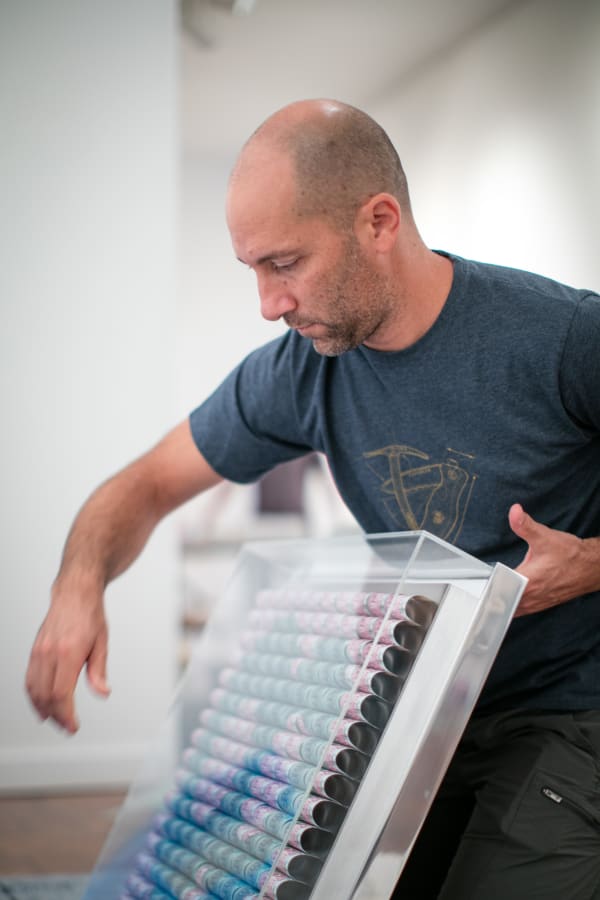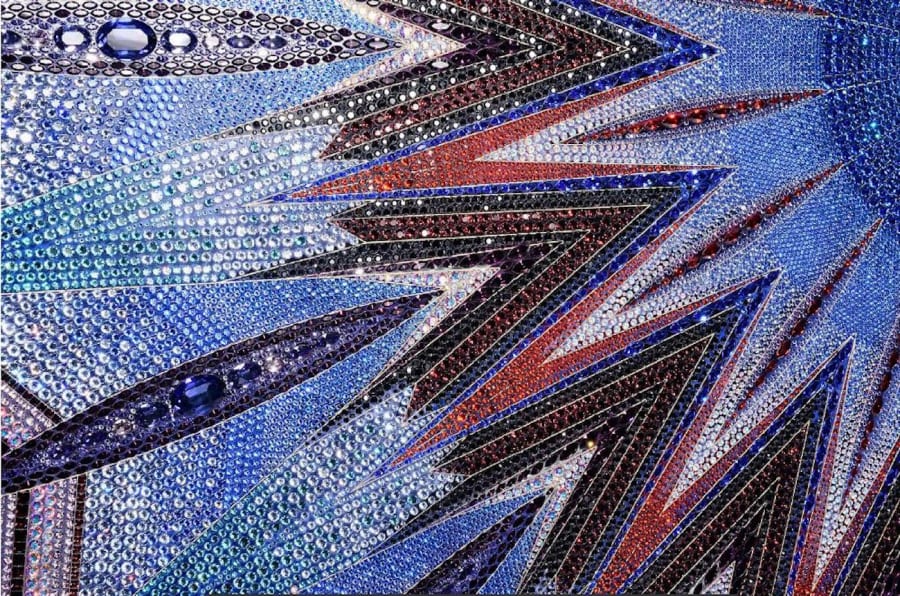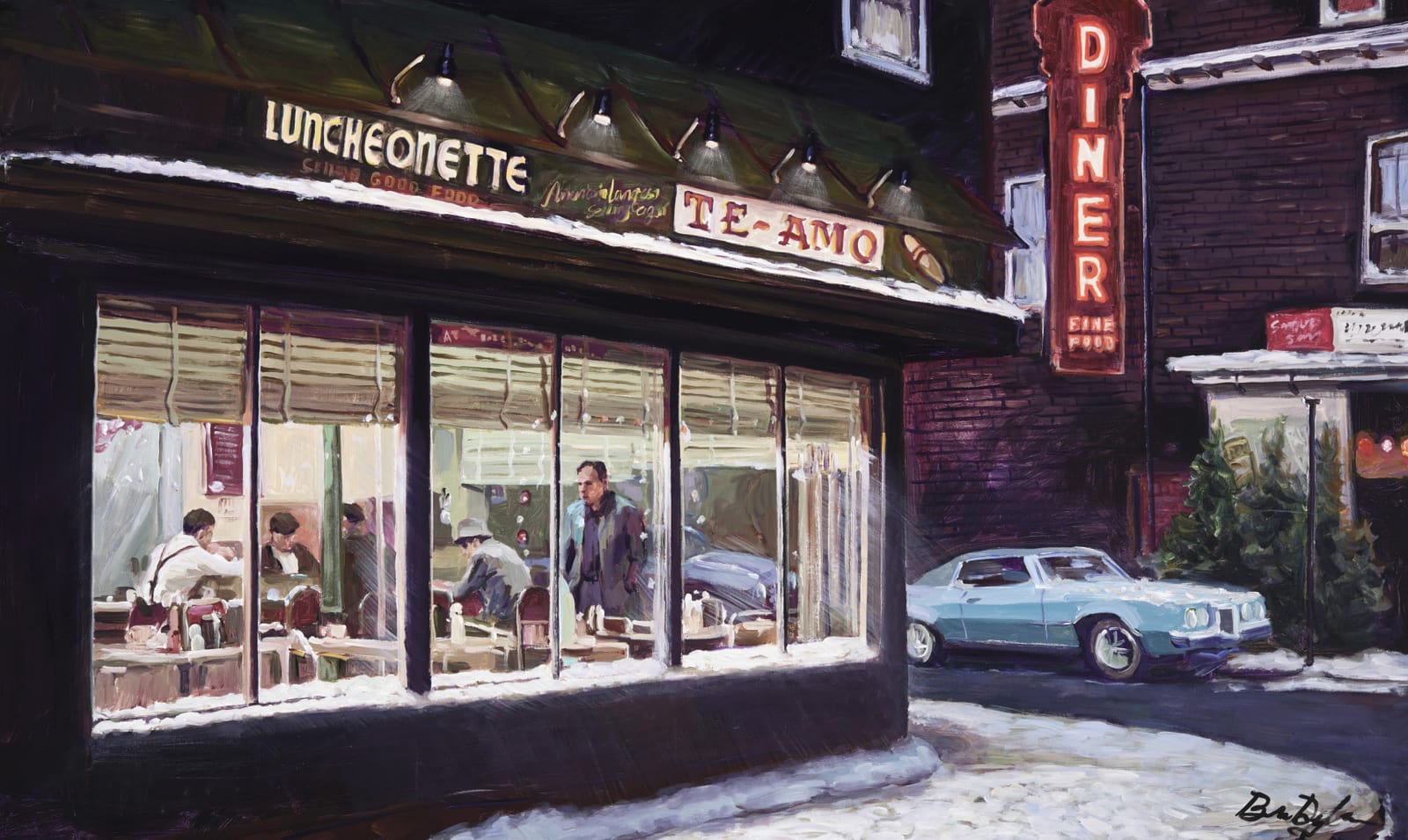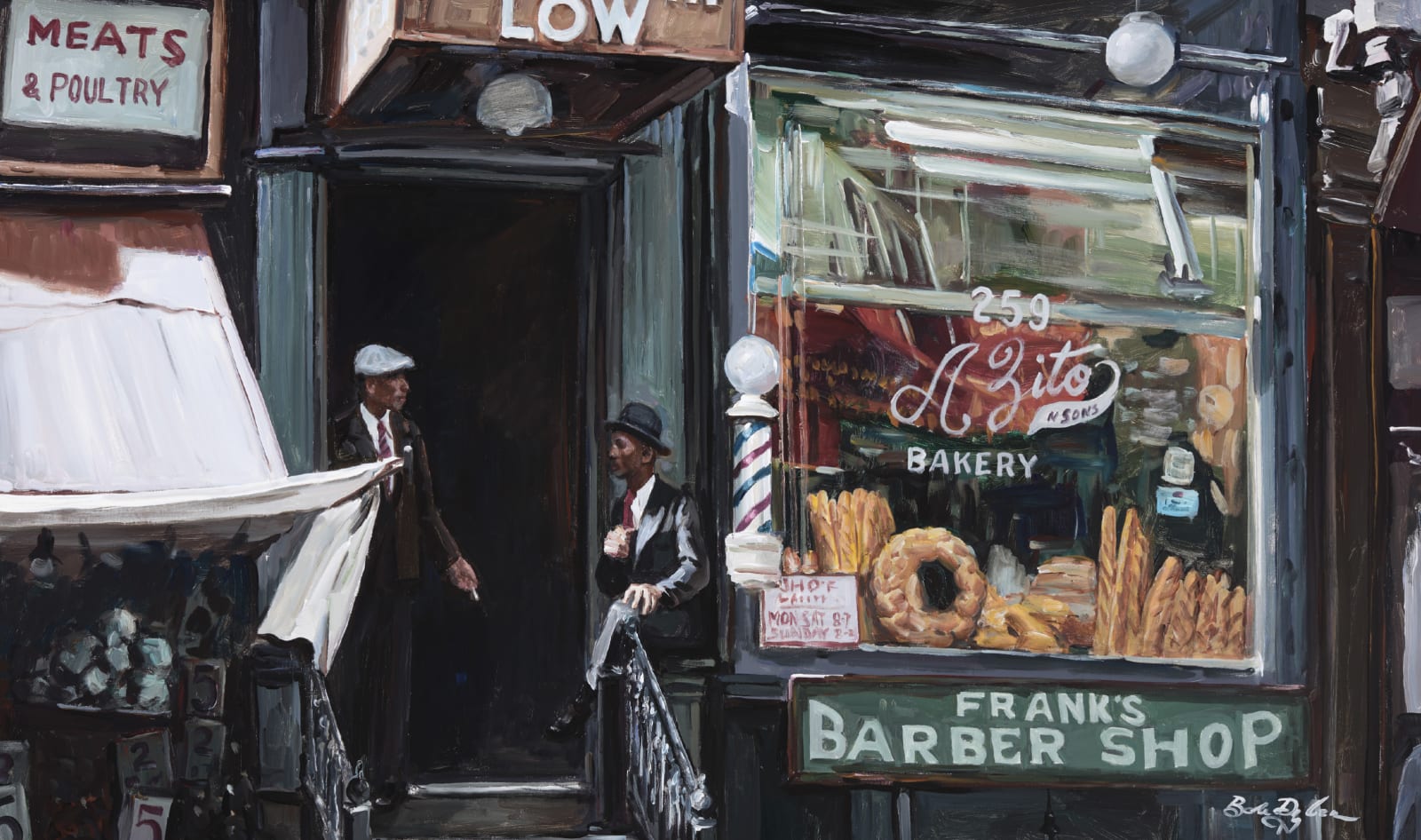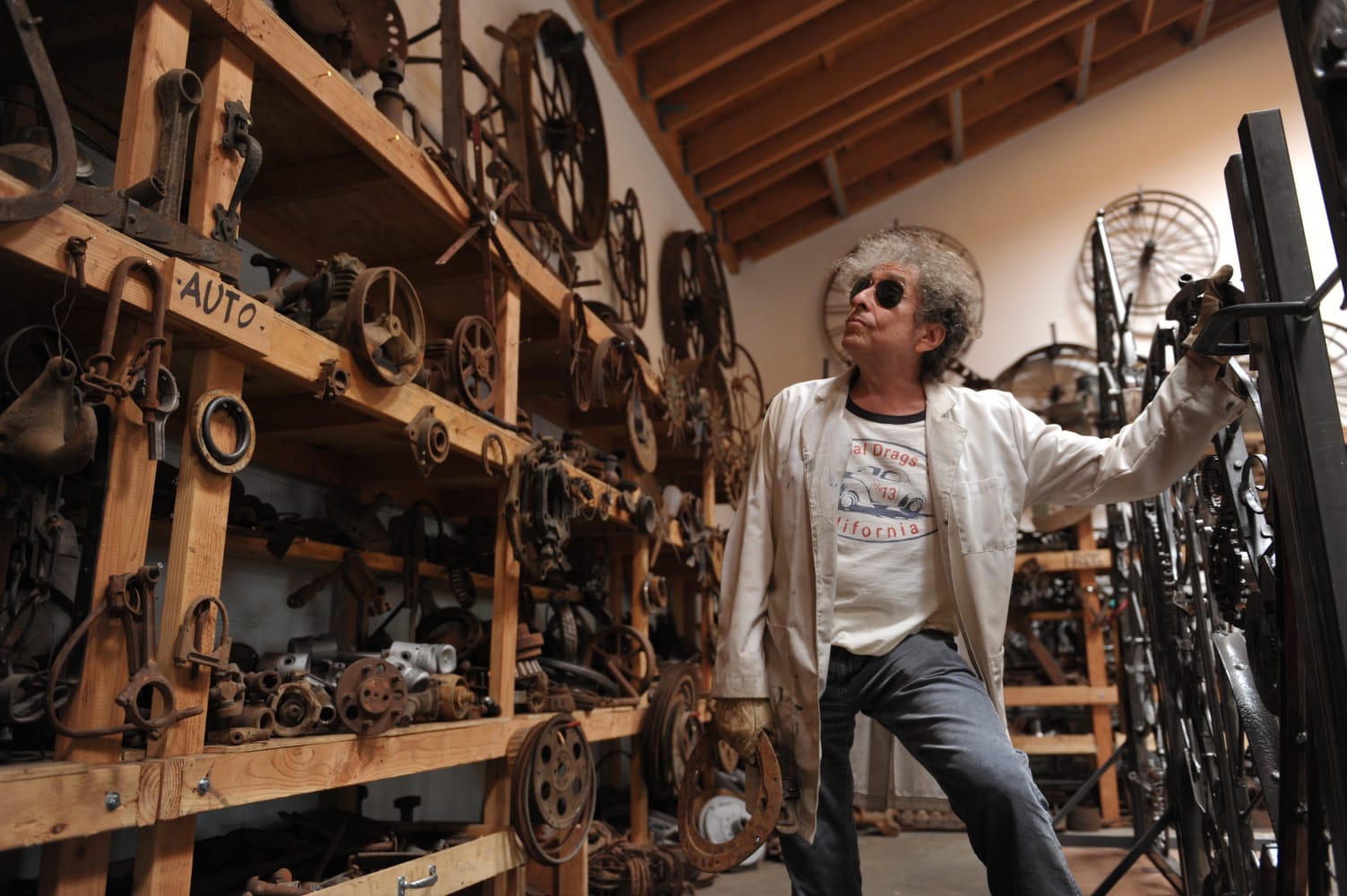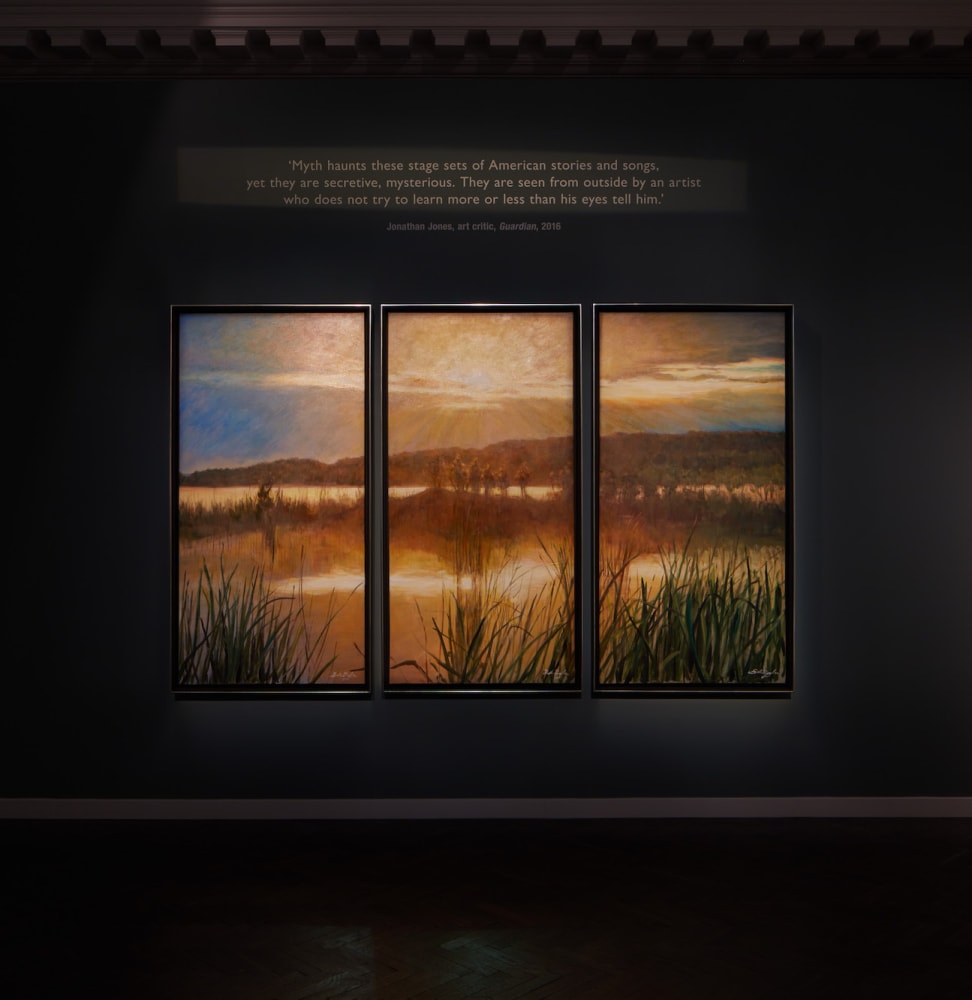Simon Gudgeon
Born in Yorkshire in 1958, Gudgeon ‘lived deep in the countryside on the family farm, learning the essential arts of observation, evaluation and interpretation of how animals and birds behave, both with each other and man’. After studying law at Reading University, he practiced as a solicitor, starting painting only in his thirties and first exhibiting at London’s Battersea Exhibition Centre in 1992. An impulse purchase of artist’s clay at the age of 40 led into his new career as a sculptor, responding to what lay closest to his heart: the natural world.
Since then Gudgeon has attained worldwide recognition, with exhibitions in London, New York, San Diego, Paris and the Netherlands. His works are featured in important private collections abroad and in the United Kingdom, including those of His Royal Highness The Duke of Edinburgh, The Duke of Bedford and The Duke of Northumberland. In addition, he has work in the permanent collection of several prominent art museums in the USA, including America’s National Museum of Wildlife Art and the Leigh Yawkey Woodson Art Museum.
Gudgeon’s sculpture park, ‘Sculpture by the Lakes’ at Pallington in Dorset, provides a tranquil backdrop for his monumental finished pieces and houses convenient studio workshops. Hinting at how the creative process unfolds for him, he explains, ‘Most sculptures don’t start out as a conscious thought, with all the aspects of form and meaning carefully considered. What happens is that an idea enters my mind – be it a shape, a movement or an emotion – and I simply want to convey it. I must convey it! Ideas come from a combination of observations, thoughts, beliefs and the profound experiences of one’s life.’
Gudgeon sculpts primarily in bronze, and occasionally in marble, granite, glass or stainless steel. For the modeling of the form, he uses a number of different materials, depending on the nature and scale of the subject – terracotta clay, oil-based Chavant clay, epoxy resin or foam. Working directly from nature and live subjects, he crafts sculptures that share an elemental kinship of identity with all living things. He is particularly known for his sculptures of birds in flight, often with ingeniously engineered bases that seem to launch them into the air rather than anchor them to the ground.
Trips to Africa, Asia and Australasia have enabled Gudgeon to broaden his subject matter and experiment with a variety of styles and methods. His pared-down approach to sculpture embodies the flowing line of the skeleton, turning it into ‘something abstract, taking away more and more information, but … maintaining the inherent tactile core, so the form is still identifiable’. Using the smallest of details, such as the arching of a neck, he suggests rather than depicts a bird or mammal.
In 2009, Gudgeon’s sculpture Isis was installed in Hyde Park, London, the first such installation there for over 50 years. With the support of Halcyon Gallery and the artist, the Isis project has raised more than £1.4 million for The Royal Parks Foundation to fund a new, environmentally friendly children’s education centre – The Look Out – in the heart of the park. HRH the Prince of Wales was presented with an Isis sculpture in 2011, which is proudly displayed in the family’s Japanese gardens at Highgrove House, their private residence in Gloucestershire.
Gudgeon was selected as the Featured Artist for the 2010 Western Visions exhibition at the National Museum of Wildlife Art, Jackson Hole, Wyoming. In 2010, he also exhibited his work in numerous shows including Birds in Art at the Leigh Yawkey Woodson Art Museum, Wausau, Wisconsin, and Art and the Animal, the fiftieth anniversary exhibition of the Society of Animal Artists, at the San Diego Natural History Museum, California. In July 2012, Gudgeon will unveil Isis at America’s National Museum of Wildlife Art, located in Jackson Hole, Wyoming. While staying in America, he will also take up a short term artist’s residency with the Museum.
Showcasing at Halcyon Gallery, London in 2011, Gudgeon unveiled his new monumental sculpture: Search for Enlightenment. Inspired while travelling in Africa, the piece outlines the profile of two large human heads, a male and a female, cast in bronze and placed next to each other. Their expressions are peaceful and contemplative; understanding and accepting of their place in the universe. The form of the sculpture allows the viewer to look through them, which incorporates their existence within the surrounding landscape. On 13 July 2011, in celebration of HRH The Duke of Edinburgh’s 90th Birthday, as well as his outstanding contributions to The World Fellowship, HRH was presented with Gudgeon’s Search for Enlightenment at the annual awards dinner at Buckingham Palace. To culminate this sculpture’s success, it was installed at Millbank, London in October 2011 next to the Tate Britain, and will be exhibited as part of the Westminster City of Sculpture Festival, 2010-2012.
In Autumn 2011, Gudgeon’s Dancing Cranes and Black Swans were selected as key sculpture installations at London’s most prestigious and luxurious address, One Hyde Park. In January 2012, Search for Enlightenment was chosen for the same property, and is now situated overlooking Hyde Park and The Serpentine. His work was also shown in the Group Exhibitions, Seeking New Landscapes (March 2011) and Wild Life and Sporting Life II (July 2011), at Halcyon Gallery.
Gudgeon’s sculpture park in Pallington, Sculpture by the Lakes, continues to be an evolutionary environment. As works are added in situ, the park continues to serve as a beautiful venue for musical concerts and outdoor events. In May 2012, Gudgeon will host The Art of Music, which will celebrate the start of Dorset Arts Week and will launch the event in conjunction with Dorset Visual Arts. He also hosts a Jazz weekend in July, showcasing the musical stylings of accomplished musicians such as Stacey Kent, Tammy Weis, and Tony O’Malley.
Future projects include the development of a new series of kinetic sculptures. These carefully engineered sculptures are based on balance and movement, while simultaneously adjusting to the weather patterns of their potential outdoor placement. Gudgeon also continues to experiment with new patinations at the foundry.
Always challenged and excited by the extremes and dynamics of nature, Gudgeon is relentlessly innovative in the studio, aiming to ‘move away from the purely representational towards something that has a deeper subtext and, as it expresses … thoughts and emotions, is more satisfying to create’. He continues to create and develop new ideas while his work is displayed permanently at Pallington.
